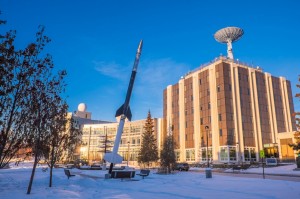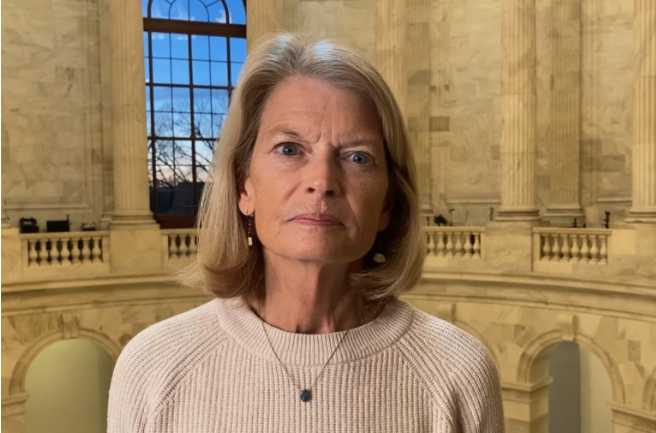
The University of Alaska Fairbanks Geophysical Institute is the new host of the EarthScope National Office, the National Science Foundation has announced.
The EarthScope project is a large-scale NSF-funded geoscience project using state-of-the-art instruments to study North America.
The EarthScope National Office is a rotating, university-based office. It is the focal point for engagement with science related to the EarthScope project and coordinates education and outreach efforts for the EarthScope community. The Geophysical Institute will receive more than $2.5 million over a four-year period to conduct the responsibilities of the national office.
The award will cover two new full-time staff and multiple student positions. Jeffrey Freymueller, professor of geophysics and coordinating scientist for the Alaska Volcano Observatory, will serve as director. Elisabeth Nadin, assistant professor of geology, will be associate director. Co-investigators will be David Fee, research assistant professor; Jessica Larsen, research associate professor; and Carl Tape, assistant professor.
The Alaska office will integrate aspects of the nationwide project and help scientists collaborate through workshops. The office will publicize scientific results through the EarthScope website and articles for the media. Additional outreach efforts will be directed toward Alaskans.
EarthScope has operated the Plate Boundary Observatory, an array of GPS receivers to understand the motions of Earth’s surface across tectonically and volcanically active southern Alaska, since 2004. EarthScope is now installing the Transportable Array, which is a grid of temporary seismometers across Alaska and the adjacent parts of Canada, which will provide a rich data set to study earthquakes and the structure of the Earth beneath North America.
[content id=”18625″]







